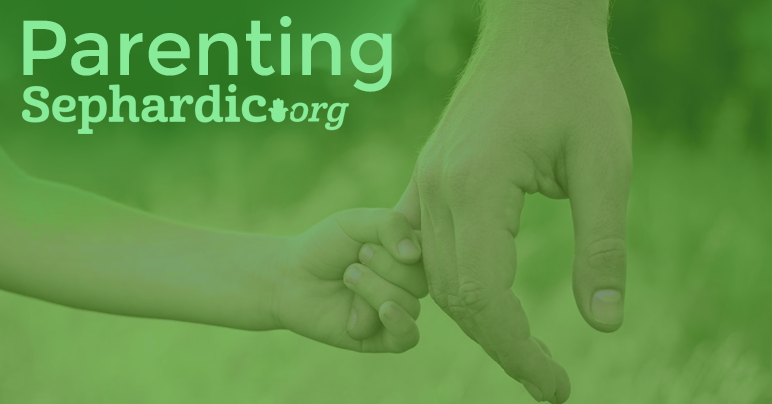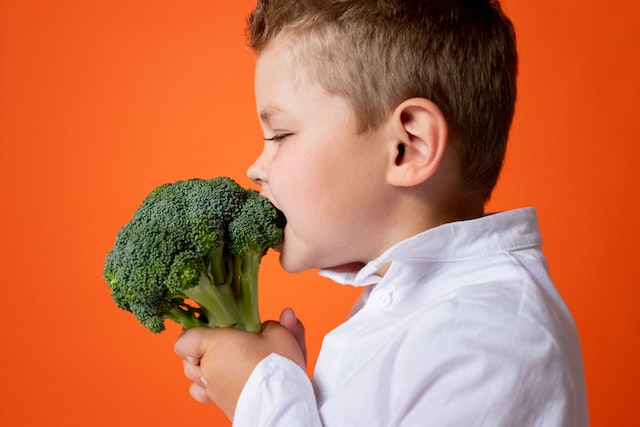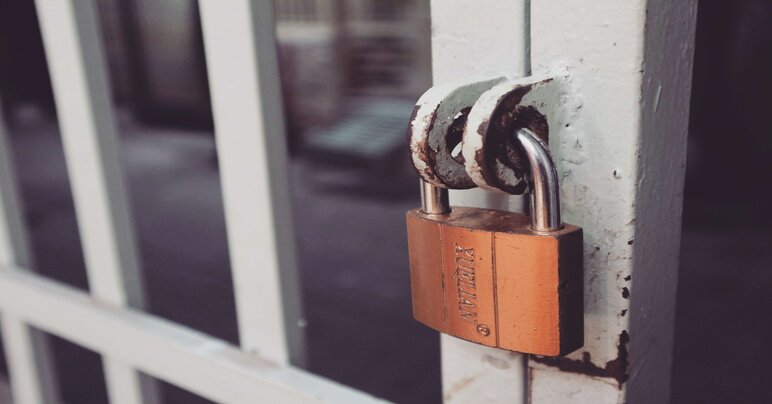When We Tame with Shame

“Stop acting like a baby!” “Little girls don’t do that.” “Toughen up!” “Why can’t you be like him?” “You are so spoiled.” “You’re just lazy.” “Grow up!” “I thought you were better than that.”
Caring for children and raising teens can be overwhelming and challenging. Often, patience wears thin and we grasp at whatever techniques seem to work to get a child to comply, but shaming any person into behaving is never a good idea.
Our identities are significantly shaped by what we hear about ourselves. Negative messages from a parent, teacher, sibling, or peer can make a person feel inherently bad and undesirable. As a result, the child may become unhappy, violent; reluctant to express himself and withdraw from relationships. Gershen Kaufman asserts in his book, The Psychology of Shame that there is a link between shaming and phobias, eating disorders and addictive disorders.
Dr. Paul Eckman, from the University of California, says that humans have yet to evolve a facial expression that clearly communicates feelings of shame. This may be why we are often baffled when our child begins to act out. We didn’t even know that they were hurting.
Robin Shaoul, LCSW, states that there are healthy types of fear that do indeed lend structure and are helpful. She says, “Children require clear rules and consequences to help them make decisions. By experiencing repercussions in a consistent way, they understand that if they make an unhealthy decision and disregard their parents, they are also choosing to experience the results of their decisions. Understanding of appropriate negative ramifications can go a long way in helping children make healthy choices. But all of this must be done with respect.”
Says Wendy Lauber, LCSW-R, Director of Family Services at The SAFE Foundation, “It is natural for a child to worry that he does not disappoint his parents. However, it’s important for him to know that he is loved and that it is his actions that are being encouraged or discouraged. If a child feels that he is loved unconditionally, he’ll likely be open to learning better behavior. In general, we should guard against having children feel ashamed, guilty, or anxious. The emphasis should be on understanding and improving.”
According to Educator John Holt, when we make a child very afraid, we stop learning dead in its tracks. He says that children can become preoccupied with anger and fantasies of revenge, and thereby distracted from learning more effective methods of problem-solving.
“If you raise a child with fear,” says Director of Project SAFE Yossi Sirote, LCSW, “he may feel squashed and helpless. If that happens, he may search for empowerment in unhealthy ways, one of which is bullying.
“While it is important to set guidelines and consequences for bad behavior, we should also educate children about the natural consequences of their actions. It is not the ideal for someone to make decisions solely to avoid punishment, for this may lead to making choices that are not necessarily the most appropriate or safest in each circumstance. We don’t want them just to do or not do something just because ‘I said so.’ We want children to understand why certain behaviors are undesirable.”
Sirote continued, “People feel truly good and confident when they are in control and are making good choices. That is why we want to educate our children to have the right information and to exercise good, healthy decision-making. This is a much better parenting avenue than scaring our kids into line.”
Suggested reading:
How to Talk So Kids Will Listen…And Listen So Kids Will Talk by Adele Faber and Elaine Mazlish
Positive Parenting Developing Your Child’s Potential by Rabbi Dr. Abraham Twerski
Some of the information in this article was adapted from: TheNaturalChild.org









